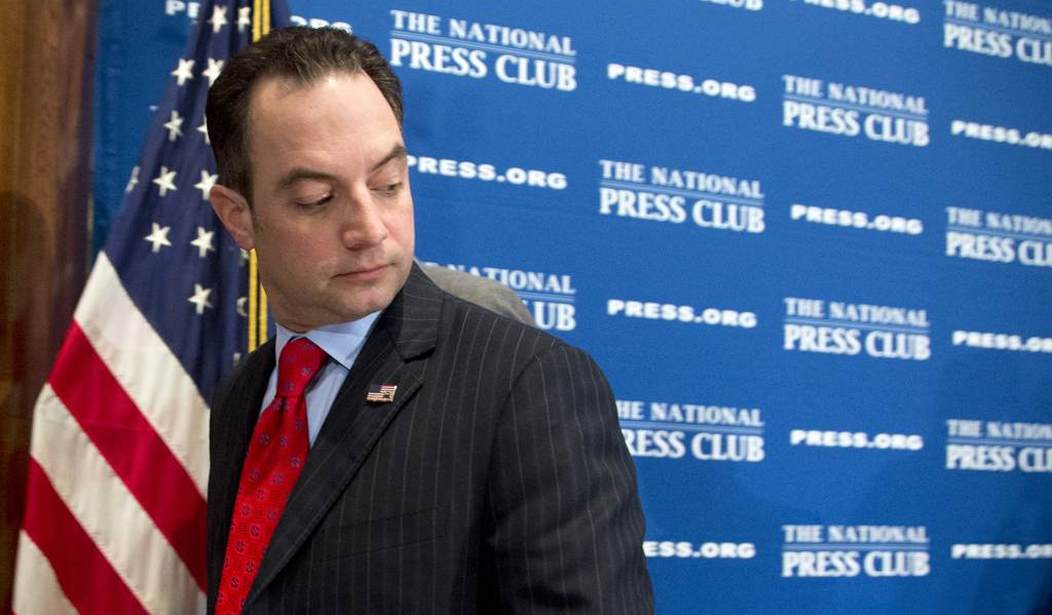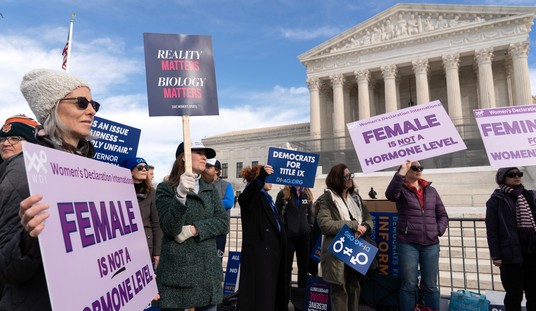As a lifelong Republican and a member of the Republican National Committee (RNC), I am deeply concerned about the GOP’s image with all demographic groups in the wake of a crushing defeat in the 2012 elections—but I’m especially concerned with millennials: they are the future of our Party—and our country—and unless the Republican Party can attract their votes, we stand to lose a generation of supporters.
At the recent Spring Meeting of the RNC in Los Angeles, two resolutions reconfirming the 2012 Platform provisions on marriage were adopted. This action was totally unnecessary—under RNC rules, the party platform cannot be changed until 2016, and resolutions reaffirming the party’s opposition to marriage equality for committed same-sex couples at a time when the majority of America supports it would only serve to further damage a Republican Party trying to rebrand itself as more welcoming and open to all. This is why I voted against the resolutions. I was the only RNC Committeeman to do so.
In a closed-door session, I told my fellow members of the RNC that as a gay man and a lifelong Republican, approving more resolutions on marriage only a few months after adopting the RNC Platform in Tampa was a huge mistake. I told my colleagues that this issue and our hard-edged positions on other social issues could result in losing younger voters again in 2016—and if that occurred, we probably will have lost them forever.
To say rapidly changing attitudes about same-sex marriage—especially among younger voters—is a major challenge for the Republican Party is an understatement; it would be more accurate to term it a freight train headed right at the GOP.
Recommended
In 2012, voters ages 18-29 voted 60% for President Obama, a significantly higher percentage than any other age group. With a weak economy that impacts younger citizens more than most and a startling increase in the national debt during the first Obama Administration that will have to be paid by the millennial generation, why did young voters turn their backs in November on Mitt Romney—a proven business leader—and the GOP?
An ABCNews/Washington Post Poll taken in March around the time of the Supreme Court’s consideration of the Proposition 8 and Federal Defense of Marriage Act (DOMA) tells the story: Since 2004, support for same-sex marriage has increased in every demographic (including Republicans), but none has increased as much as those ages 18–29 where 81% support marriage equality for same-sex couples. Support among Republicans in this age group tops 50%. The RNC’s Growth and Opportunity Project report released in March took an unvarnished look at what went wrong for the GOP in the 2012 national election, including failures among various demographic groups. Language in the report clearly states why the GOP did so poorly among younger voters:“Already, there is a generational difference within the conservative movement about issues involvingthe treatment and the rights of gays—and for many younger voters, these issues are a gateway into whether the Party is a place they want to be.”
Aside from the youth vote, many GOP conservatives contend that social issues such as marriage can be a wedge issue with African-American and Hispanic voters who tend to be more culturally conservative. Another recent poll by the Benenson Strategy Group and Voter Consumer Research refutes this contention by GOP social conservatives: Hispanic Catholics support marriage equality 54%-35%; African-American non-evangelicals support marriage equality 65%-31%.
It’s time for the RNC—and all Republicans—to take a hard look at the present reality, and adopt a winning strategy for the future.

























Join the conversation as a VIP Member